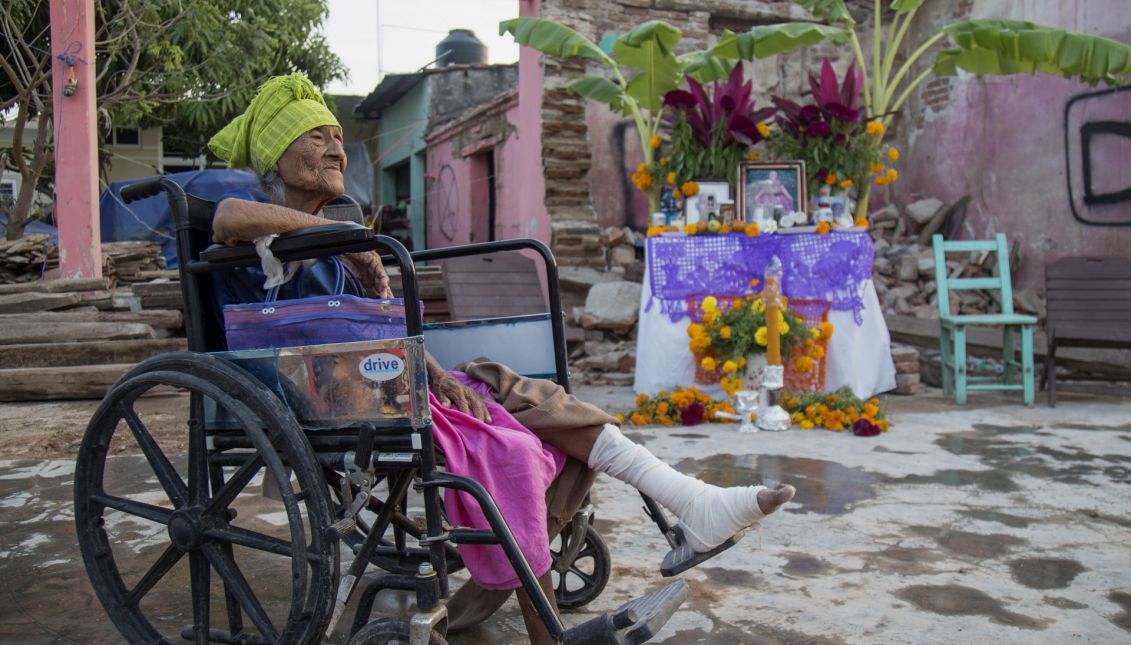
Mexico celebrates the Day of the Dead in honor of the victims of earthquakes
Will the earthquakes impact the presidential elections of July 2018 in the same way that the 1985 earthquake did?
In Mexico, the Day of the Dead - November 2 - is a day to honor all the deceased. And to say "all", including both those who died hundreds of years ago and those who died from the two strong earthquakes that shook the center of the country last September, claiming 471 lives and leaving more than 150,000 families without a house.
The earthquake of September 7, of magnitude 8, affected mainly the state of Oaxaca, where 80 people died. Throughout this week the population of this state - where about one million indigenous people of 18 different ethnic groups live - has been placing their offerings in front of the churches to remember the victims. The offerings are the typical ones: sugar skulls, "bread of the dead" (made of egg white, sugar, and flour) and bouquets of orange-colored cempasúchil flowers.
But as the population prepares for the Day of the Dead celebrations, no one forgets the protests due to the slowness in the tasks of reconstruction after the earthquake, or the controversial questions about whether property corruption had to do with the collapse of several schools and buildings.
RELATED CONTENT
The correspondent of La Vanguardia Andy Robinson, strolling through Oaxaca, poses the following question: will earthquakes impact the presidential elections of July 2018 in the same way as the 1985 earthquake did? (After the 1985 earthquake, popular outrage ended the PRI's hegemony in the capital).
Although the death toll is much lower, the political impact of the earthquakes of September 7 and 19 can be great. In Oaxaca and Chiapas, the population complains that the victims have received more help from individuals or civic organizations than from the government itself. La Vanguardia quotes several experts who denounce that the earthquake has uncovered the prevailing corruption and that the authorities monopolize the government’s aid and distribute it according to their interests.
The Spanish newspaper El Mundo also recently recalled that a month after the earthquakes, civil associations and residents of the Mexican capital have reported cases of urban corruption that caused the collapse of buildings. At least 89 people died due to illegal works, according to the Housing Commission of Mexico City.











LEAVE A COMMENT: